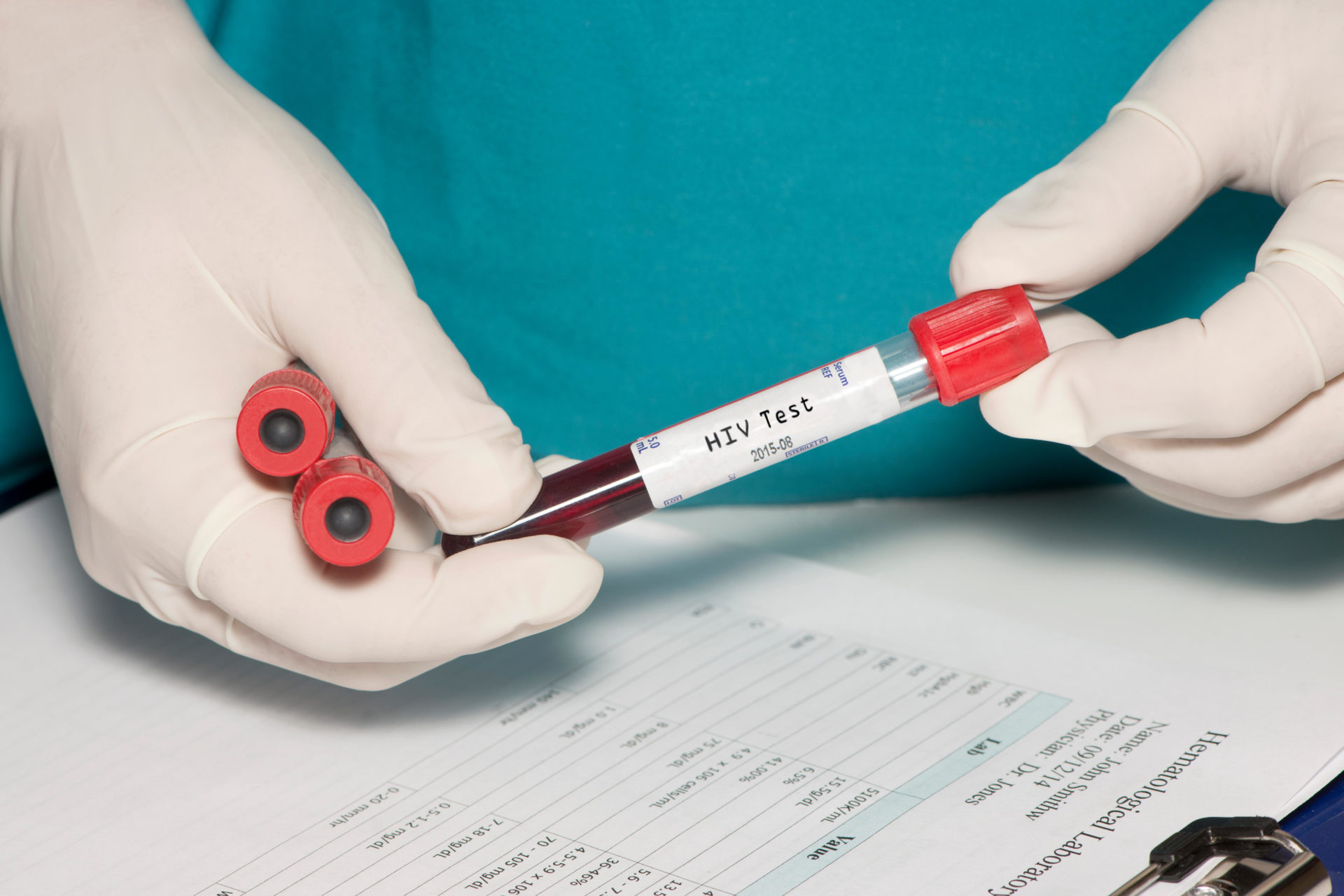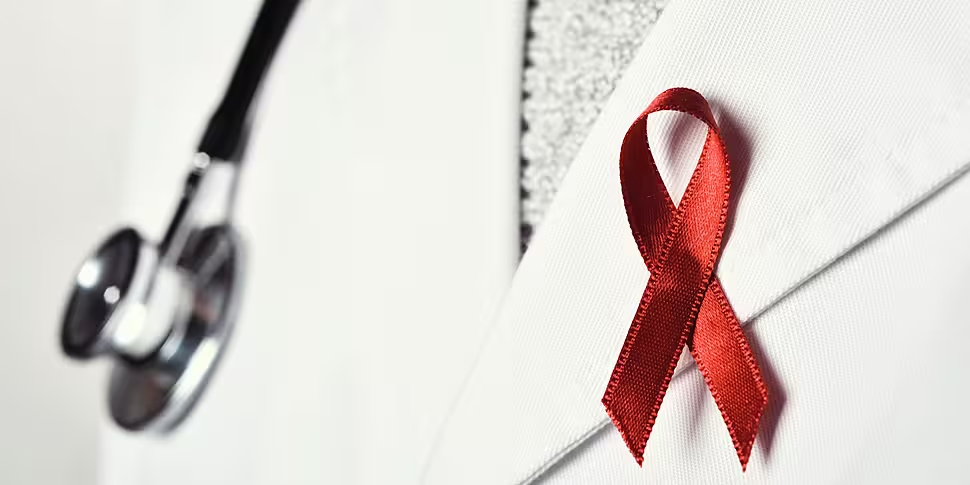On World AIDS Day, the ongoing impact of HIV on women is being highlighted.
The need for understanding in combating discrimination is at the core of this year’s World AIDS Day theme.
The theme for 2024 is, “Take the rights path: My health, my right”.
“With human rights at the centre, with communities in the lead, the world can end AIDS as a public health threat by 2030,” The World Health Organisation (WHO) has said.
The WHO is calling on global leaders and citizens to “champion the right to health by addressing the inequalities that hinder progress in ending AIDS”.
At least one in three people living with HIV in Ireland are women.
HIV Ireland Executive Director Stephen O'Hare has said a lot of the focus is on men but women don't get the same attention.
 Blood collection tube with HIV test label held by technician. Picture by: Alamy.com
Blood collection tube with HIV test label held by technician. Picture by: Alamy.com“A lot of the narrative and discussion around HIV often tends to focus on men, and particularly gay and bisexual men for historic reasons,” he said.
“Women are rarely discussed in relation to HIV and women have reported that they often find it very difficult to talk about being HIV positive, confide in people, or be public about their status.”
Human immunodeficiency virus (HIV) is a type of infection that attacks the body’s immune system, weakening it.
Acquired immunodeficiency syndrome (AIDS) is the most advanced stage of HIV.
As the body’s immune system weakens, the person with HIV or AIDS is at risk for getting life-threatening infections and cancers.
There is no cure for HIV but treatment can radically reduce the amount of HIV in a person’s body.
HIV treatment also prevents transmission to others.
With reporting by Cliona O'Dwyer.
Main image: Closeup of a doctor with a red ribbon pinned on his coat in solidarity with people living with HIV/AIDS. Image: Alamy









